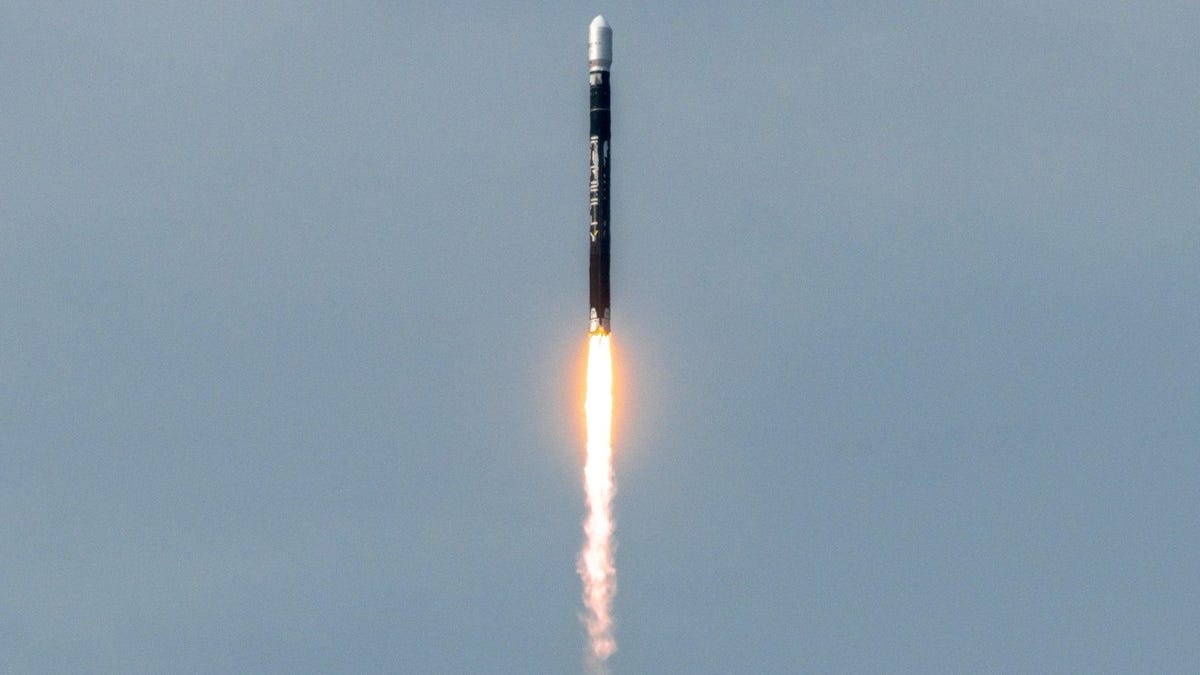Following a successful liftoff, Firefly’s Alpha rocket seems to have misplaced its payload due to a second stage anomaly.
First Full-Color Images From Webb Space Telescope
The small rocket launched on Friday, December 22, at 12:32 p.m. ET from the Vandenberg Space Force Base in California. The mission, called “Fly the Lightning,” was carrying a satellite developed by Lockheed Martin to test an electronically steerable antenna. Alpha reached orbit, and the rocket’s second stage separated and its engine shut off as planned. Around 40 minutes after launch, however, the rocket’s second stage burn failed, and Alpha did not deliver the payload to its precise target orbit, Firefly wrote in a statement.
“We will rapidly and continuously innovate to find a solution and ensure complete resolution of any anomaly we see during flight,” the company wrote. “We will work with our customer and government partners to investigate the stage two performance and determine the root cause.”
The company added that communications with the spacecraft had been established and that the mission operations were underway. The payload was designed to test Lockheed Martin’s new wideband Electronically Steerable Antenna (ESA), which was integrated on a Terran Orbital Nebula satellite bus, for use on future broadband satellites. It’s unclear whether Lockheed Martin will still be able to test its antenna, as the satellite’s orbit could mean that it will reenter Earth’s atmosphere sooner than anticipated. Gizmodo reached out to Firefly on Tuesday, but the company provided no further updates.
This is the second time Firefly’s Alpha rocket sent a payload to the wrong orbit. For its first mission in October 2022, Alpha delivered three payloads at a lower orbit than planned. The 95-foot-tall (29-meter) expendable Alpha rocket is designed to provide low-cost rides for small satellites, carrying payloads up to 2,866 pounds (1,300 kilograms) for the price of $15 million per launch.
Friday’s mission was Alpha’s fourth liftoff as the company looks to increase the rate of its launches. Firefly’s first attempt to fly its Alpha rocket ended in an explosion: On September 2, 2021, one of Alpha’s four first-stage Reaver engines shut down unexpectedly about 15 seconds after launch, activating the flight termination system and causing the rocket to explode in a massive fireball above the Pacific Ocean.
For more spaceflight in your life, follow us on X (formerly Twitter) and bookmark Gizmodo’s dedicated Spaceflight page.
